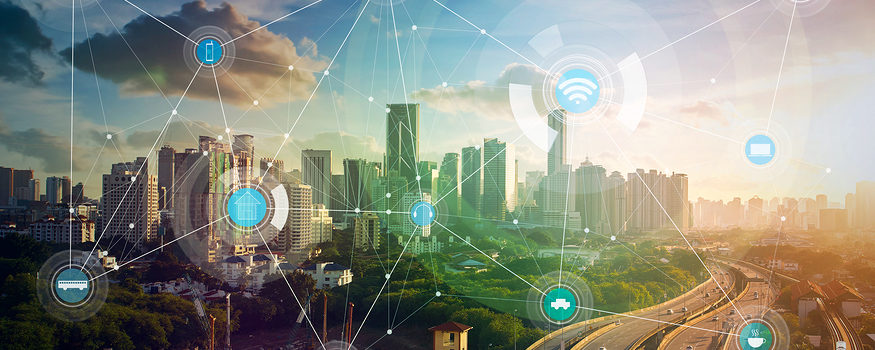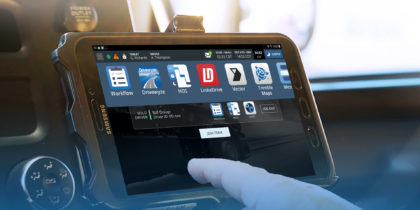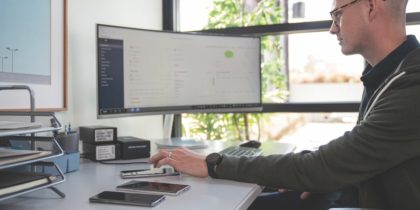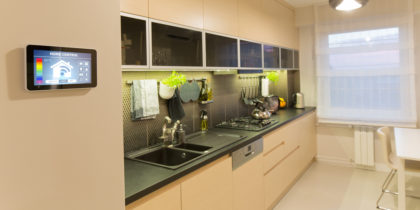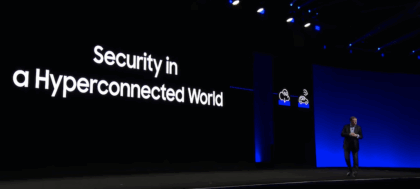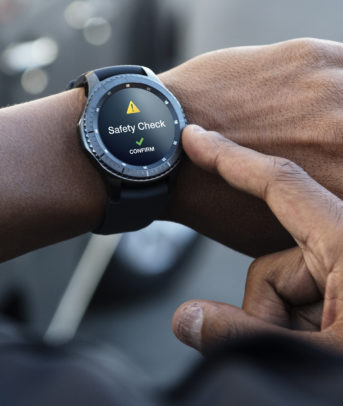The world is becoming more and more connected. Smartphones are no longer just communication devices, but they act as hubs for the digital world. With everything from watches, televisions, refrigerators and ovens now connected to the internet, being able to easily build apps and services which let you control everything in a seamless manner is crucial.
Enter Tizen, an open source, standards-based software platform for multiple device categories. It is an operating system which works across smartphones, wearables, TVs, and with its latest update, now supports a wide range of Internet of Things (IoT) devices.
Sound interesting? Here are five things to know about Tizen:
1. Background
Tizen is an open source operating system based on the Linux kernel. It was created to address the needs of all stakeholders of the mobile and connected device ecosystem — from device manufacturers and mobile operators to application developers and independent software vendors. It includes multiple profiles to serve different industry requirements.
Tizen is a project within the Linux Foundation and is governed by a Technical Steering Group (TSG). It is controlled by Samsung and also backed by Intel.
2. Open-Source
The open-source nature of Tizen means that hardware manufacturers who choose to adopt it are free to tinker with the interface and the UI to make it as unique as they like.
One of the big benefits of having an open-source platform is that security vulnerabilities are easily seen and fixed. That transparency means that bugs are fixed immediately, meaning you don’t have to wait for weeks for a monthly patch to drop in order to protect your systems.
With the introduction of a new security model for Tizen 3.0, the focus on security is greater than ever before.
Tizen: A Digital Signage Solution with Smarts
See one major application of Tizen within retail. Download Now
3. HTML5
Tizen’s software development kit (SDK) tool allows developers to use HTML5 and other web technologies to write applications that run on supported devices. This allows for shorter development cycles, lowering the cost of app development and means that apps work intuitively with the web.
4. Not Just Phones
While other operating systems are limited to one or two product categories, Tizen is a flexible piece of software which can run on a range of devices. Initially designed for smartphones and tablets, as the OS has evolved in recent years, it has added support for wearables — such as Samsung’s range of Gear smartwatches — and with the launch of Tizen 3.0 earlier this year, it will now work on smart home devices such as refrigerators, ovens, thermostats and robot vacuum cleaners. The ecosystem also supports development for smart signage, which is ideal for applications and content creation in retail.
5. Advanced Features
Not only is Tizen open source, it also provides a range of advanced features which developers can tap into. With the introduction of Tizen 3.0, developers can now leverage multi-user accounts on a single device, something which some more mainstream operating systems don’t offer. Developers can also take advantage of the advancements in facial recognition baked into Tizen.
A Hands-On Look
At the Samsung Galaxy Note8 Hackathon taking place in Mountain View, California, on November 4 and 5, hackers, developers, designers and engineers will get the chance to learn just how multiple devices can be controlled using just a single operating system.
With this event, developers will be challenged to demonstrate their ability to innovate and create compelling, real-world solutions, utilizing Samsung’s devices and technology.
Learn more about the latest updates to Tizen and its advanced development capabilities.
